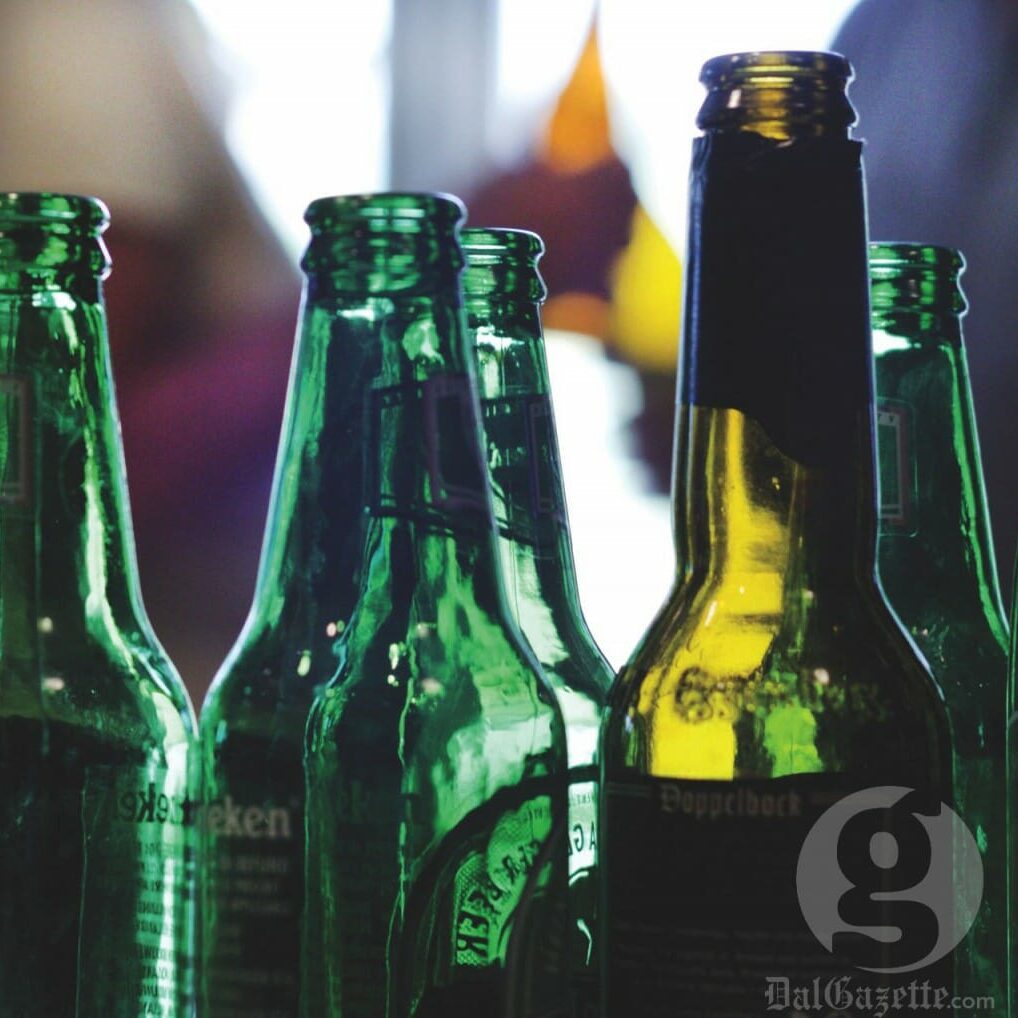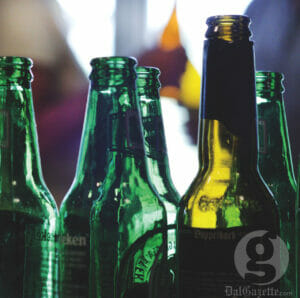
Binge drinking isn’t something new to students at university
It came as a big surprise to university students a month ago when it was announced that on Sept. 6, a 19-year-old student from Acadia University was found unconscious in his dormitory. The student was rushed to hospital where he later passed away due to complications resulting from alcohol consumption; students in residence would later report witnessing the student consuming the contents of a 40 oz. bottle of liquor while participating in drinking games such as flip-cup.
It was a sincerely tragic and heartbreaking event to hear about when the story was released, but I’m sad to say I wasn’t fully surprised when I heard the news, considering binge drinking is a serious epidemic among Canadian universities and has been for quite some time.
But I wouldn’t have necessarily needed news coverage or statistics to know this information, because as a university student over the years, I have seen the damage first hand. Whether it’s the time I had to drag a friend off his bed as I witnessed him begin choking on his own vomit while sleeping, or waking up in a friend’s washroom at 4 a.m. with no memory of how I got there, binge drinking is a practice all too common with the university experience.
For Lyndsay Anderson, Residence Life Manager for Gerard and O’Biren Hall, this issue isn’t something that only strikes students living in residence, but all facets of student life. “I think university students in general, whether living on campus or off, engage in binge drinking practices, and I think it’s pretty consistent across the country,” she says.
Anderson admits that even Dalhousie isn’t invincible to stopping binge drinking on campus, and that there isn’t a clear answer to the problem, because it isn’t really clear why people decide to drink excessively to begin with.
When it comes to drinking, there are a number of reasons why people take it the extra step, such as addictive personalities, the media and peer pressure. The latter will likely stick out to you, being that since early grade school you have been advised of the perils of drinking in excess to fit in. But as Anderson notes, peer pressure and trying to be cool can be one of the main motivating factors in binge drinking at universities.
“I think there is a culture that exists where people set out to have these types of nights where it’s crazy and all this stuff happens, almost a kind of bragging about it,” she says, pointing towards social media websites like Facebook and Twitter, used by students to gloat about their drinking exploits.
But it’s hard to argue this kind of behavior begins at university, and Anderson notes that Dalhousie is well aware of this before students arrive. In a 2007 study Dalhousie helped publish about drug use among high school students in the Maritimes, 49.7 per cent of students in grade 12 admitted to binge drinking on at least one occasion prior to university.
But binge drinking isn’t something that statistically decreases among Canadian youth while enrolled at university. A survey conducted by Health Canada in 2010 reported that heavy and frequent drinking among youth aged 15-24 was three times higher than that of adults 25 years and older. Statistically speaking, this means that heavy drinking occurs at the age primarily associated with higher learning. So at the moment in your life when you are trying to further yourself and become as intelligent as possible, almost 10 per cent of people are participating in one of the most harmful practices when it comes to their health.
“You can ask someone if they think it’s safe to drink a 40 0z. bottle of whatever, and they’ll say no; but that doesn’t translate to what their behavior is like on nights that they are drinking,” says Anderson. “I don’t think this 19-year-old student didn’t know that what he was doing would cause harm, I just don’t think they understood how much harm it would cause. There is a bit of a sense of being invincible.”
But why don’t we understand how much harm can be caused from excessive drinking? We give ourselves mind-splitting headaches from drinking too much, become physically sick, watch our friends embarrass themselves at parties and clubs, and put our lives in danger, all so we can have a good time? Maybe, or maybe we’re just young and have our whole lives ahead of us. Maybe we feel immortal.
But if there is anything we can learn from this tragic accident, it’s that we aren’t as invincible as we think we are.







